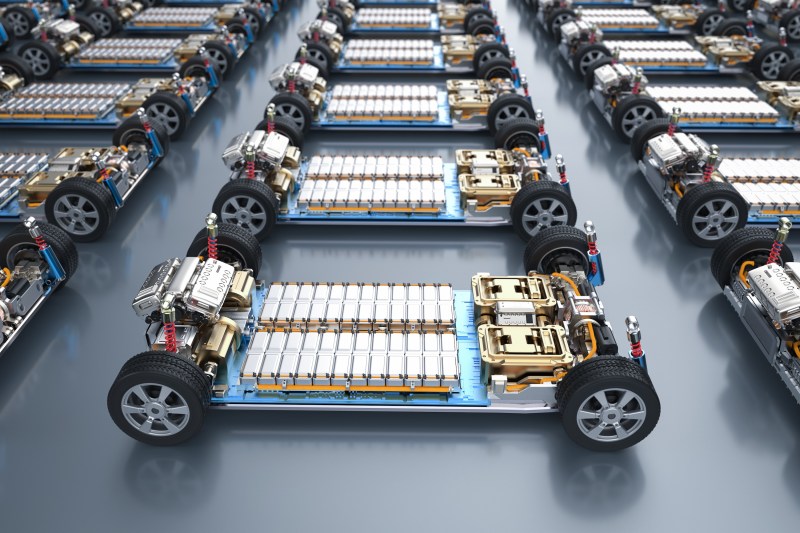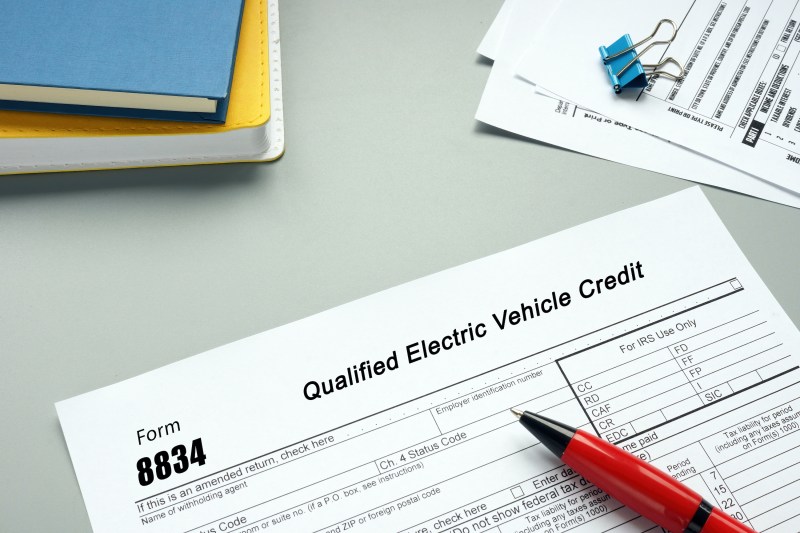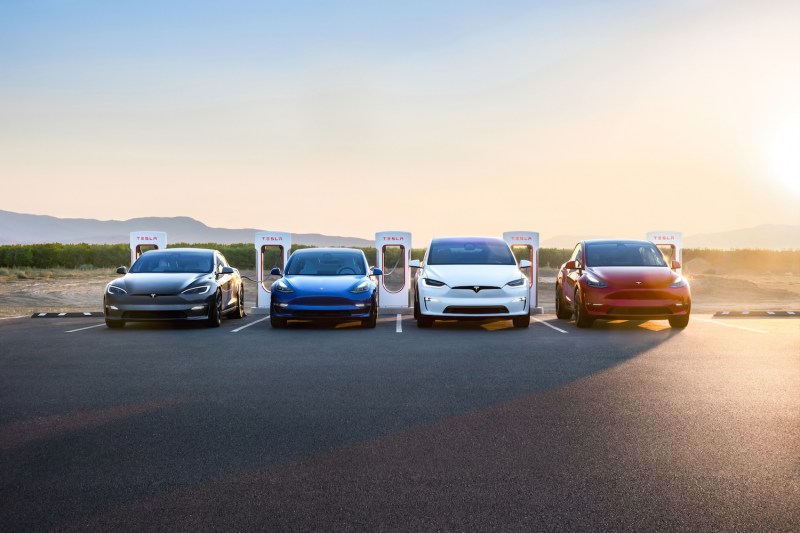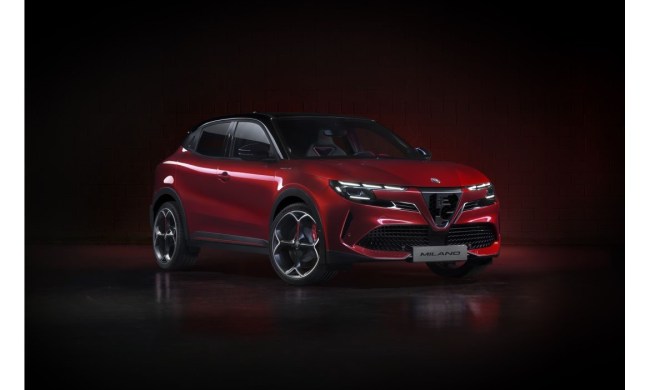
One of the sad ironies of being a car lover is how much of a pain the actual act of buying a car can be. Pushy salespeople, contract terms that require a JD and a magnifying glass to comprehend, and enough miscellaneous fees to make a cell phone company blush. So, more often than not, many of us tend to lean towards buying a car rather than leasing because who would willingly volunteer to go through that kind of patience-pumping torture every three years? But, the EV movement has begun more than an energy revolution in the automotive universe, and leasing might just be the new buying.
While it used to be that purchasing a car was a net positive in the long term – eventually, the payments ended, and when they finished, the buyer actually had something tangible to show for it. But, with the relatively new landscape that the electric vehicle world has brought about, there are plenty of reasons that it makes much more sense to lease than buy a new EV.

EV battery tech is still evolving
As we saw with the advent of plasma televisions in the early 2000s, generally speaking, technology is most expensive when it is new. And while having a fifty-inch high-definition TV made you a hero on football Sundays, spending ten grand for one was a great way to bench your bank account. But when plasma gave way to LCD, which (ironically) led to LED, and then most recently to OLED. Now, a fifty-inch high-def television can be had for around two percent of that turn-of-the-century price tag at your local Walmart.
That same flow chart of advancement can be applied to EVs and their batteries. Huge, heavy, and hampered by limited range, the early days of the EV batteries will not be missed. Slowly and steadily, we are seeing improvements to help alleviate the dreaded ‘range anxiety.’ Faster and more available charging stations combine with better batteries that can hold more charge and offer higher range. But, at best, we are in the pubescent period of EVs, and what is innovative today may well be antiquated three years from now. So rather than buying that Tesla Model 3 or Kia EV6 and risk being stuck with an outdated electric vehicle like the owner of a Zune watching the iPod nano entering the market, a lease allows you to enjoy your modern car today and be done with it before it becomes passé.

Leasing an EV can save you $7,500
While the federal tax credit can be had by those who choose to purchase an EV, the Inflation Reduction Act can make some feel like they’re facing more hoops than to jump through than LeBron James has in his career. The car must cost less than $55,000, while an SUV or truck has an $80,000 price ceiling. The vehicle must be made in North America, and its battery must meet specific sourcing requirements.
But, through a technical loophole that states a lease is a commercial sale to the dealer, which allows the EV to qualify for the much less stringent commercial vehicle tax credit. The end result is that the dealer can then apply that $7,500 to the price of the car, ultimately resulting in lower monthly payments with fewer headaches.

What will a used EV be worth ten years from now?
Aside from the change in fueling, EVs are also poised to shake up the entire used car segment. While many companies offer an average warranty of eight years and 100,000 miles for hybrid and EV vehicles, beyond that, no one knows much of anything. We see the collectibility of exceptional gas-powered cars of our past, like the BMW Z8 or Ferrari F50, the resale value of the average coupe or sedan can depend on everything from production numbers to power potential to paint color.
But anyone who has ever bought a refurbished MacBook or ThinkPad knows that the battery is something that usually needs to be addressed, even if everything else is in mint condition. In the auto world, while swapping the battery on a gas-powered car can be replaced with a 20-minute trip to Autozone, replacing one on a Tesla can cost upwards of $20,000, which adds a massive caveat of consideration when looking at that used Model S.

What EVs will end up being nostalgic?
Beyond just the technical and practical applications of value, no one really knows what the intangible nostalgic price tag of any electric vehicle will be because there just isn’t much evidence to draw from yet. While we have seen many Corvettes over the years come and go, it has become relatively easy to see which ones have the potential to be truly special and which do not.
But thirty years from now, will it be the Falcon-doored Model X or the Tony Stark-driven Audi E-Tron GT that middle-aged enthusiasts lust after and will fork over tons of their hard-earned cryptocurrency for? Or will aging EVs be frowned upon and looked at as decrepit relics of a technological adolescence that merely bridged a gap like 8-track players between records and MP3s?
Sure, there are collectors of everything, but for now, perhaps it is better just to lease that new EV rather than going all in on buying a car that may be out of style quicker than laser discs. Who knows, maybe the electric revolution will bring about a wave of more passive salespeople and plain-language contracts too, which would ironically make buying into leases a no-brainer.


